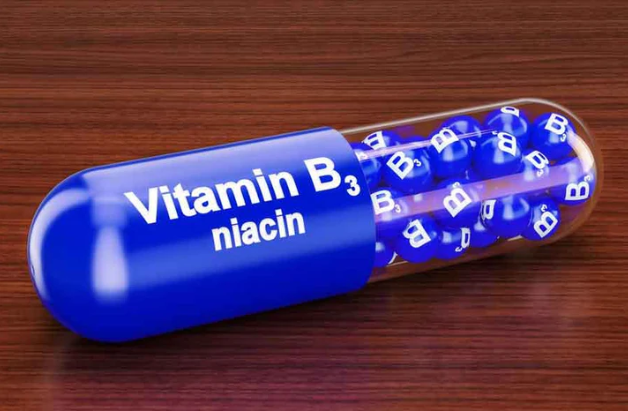
Did you know that Vitamin B3 is good for Preventing Acute Kidney? Recent research suggests that taking vitamin B-3 orally may soon become an effective way to treat or even prevent acute kidney injury.
Generally, in acute kidney injury, the kidneys suddenly stop functioning due to complications during hospitalization.
Although temporary, this condition can be fatal. In fact, the National Institutes of Health (NIH) says that 9.5 percent of adults who had the condition in 2013 died.
Acute kidney injury occurs when waste products build up in the blood and the kidneys struggle to maintain a good fluid balance in the body.
People with certain conditions are at risk for acute kidney failure. Generally, the elderly, people with blockages in blood vessels, people with diabetes, hypertension and those who are being treated in hospital.
New research led by Dr. Samir M. Parikh — a kidney specialist at Beth Israel Deaconess Medical Center (BIDMC) in Boston — suggests that this form of vitamin B-3 can be used to prevent acute kidney injury in susceptible people.
At least the claim is contained in a journal Nature Medicine.
Low enzyme levels and acute kidney injury
Dr Parikh and team studied the metabolism of mice suffering from acute kidney injury. Urine tests reveal lower levels of a substance called nicotinamide adenine dinucleotide (NAD+).
NAD+ is the last metabolic form of vitamin B-3 after it is digested.
In addition, tests showed high levels of another substance called quinolinate, which is a precursor to NAD+.
Through their findings, the researchers concluded that the enzyme that normally converts quinolinates to NAD+ may not work. This enzyme is called QPRT.
To test the hypothesis, the researchers used gene-editing technology for mice that had reduced levels of the QPRT enzyme with healthy kidneys.
Mice then immediately exhibited symptoms of acute kidney injury, including decreased NAD+ levels and higher quinolinate levels. From the findings, the scientists concluded that "establishes QPRT as a mediator of renal stress resistance."
Vitamin B-3 treatments: Safe and beneficial
Later, researchers conducted four human studies to examine whether quinolinates could be used to indicate decreased NAD+ biosynthesis.
They found that patients who had undergone major surgery and were therefore prone to acute kidney injury had high levels of quinolinate in their urine.
The researchers also gave large doses of vitamin B-3 to 41 people who had had heart surgery.
"Our results," explains Dr. Kamal Khabbaz, chief cardiac surgery at BIDMC, “suggested that NAD+ biosynthesis becomes impaired during human acute kidney injury and elevated vitamin B-3 levels may be safe and beneficial for patients.”
"Improving NAD+ can improve the health of patients at risk for acute kidney disease, although further research is needed to prove these findings," Dr. Khabbaz concluded.
Dr Parikh echoed the same warning, saying, “These findings are very preliminary, but the results suggest that we may one day be able to perform a non-invasive test for NAD+ status and possibly even treat acute kidney injury by increasing NAD+ levels.”










